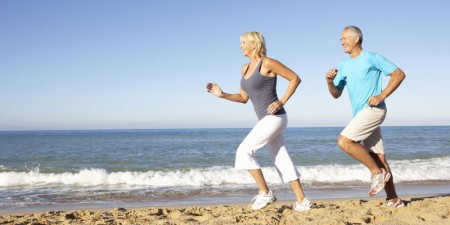
Call us now for free and impartial advice on:
Common signs of injury and knee pain:
Knee Pain
Swelling and stiffness
Redness and warmth to the touch
Weakness or instability, the knee “gives way”
Popping or crunching noises
Inability to fully straighten or bend the knee
Can’t bear weight on your knee
See an obvious deformity in your leg or knee
Our Hours
Monday: 8am – 8pm
Tuesday: 8am – 8pm
Wednesday: 8am – 8pm
Thursday: 8am – 8pm
Friday 8am – 8pm
Saturday: Closed
Sunday: Closed